Blog
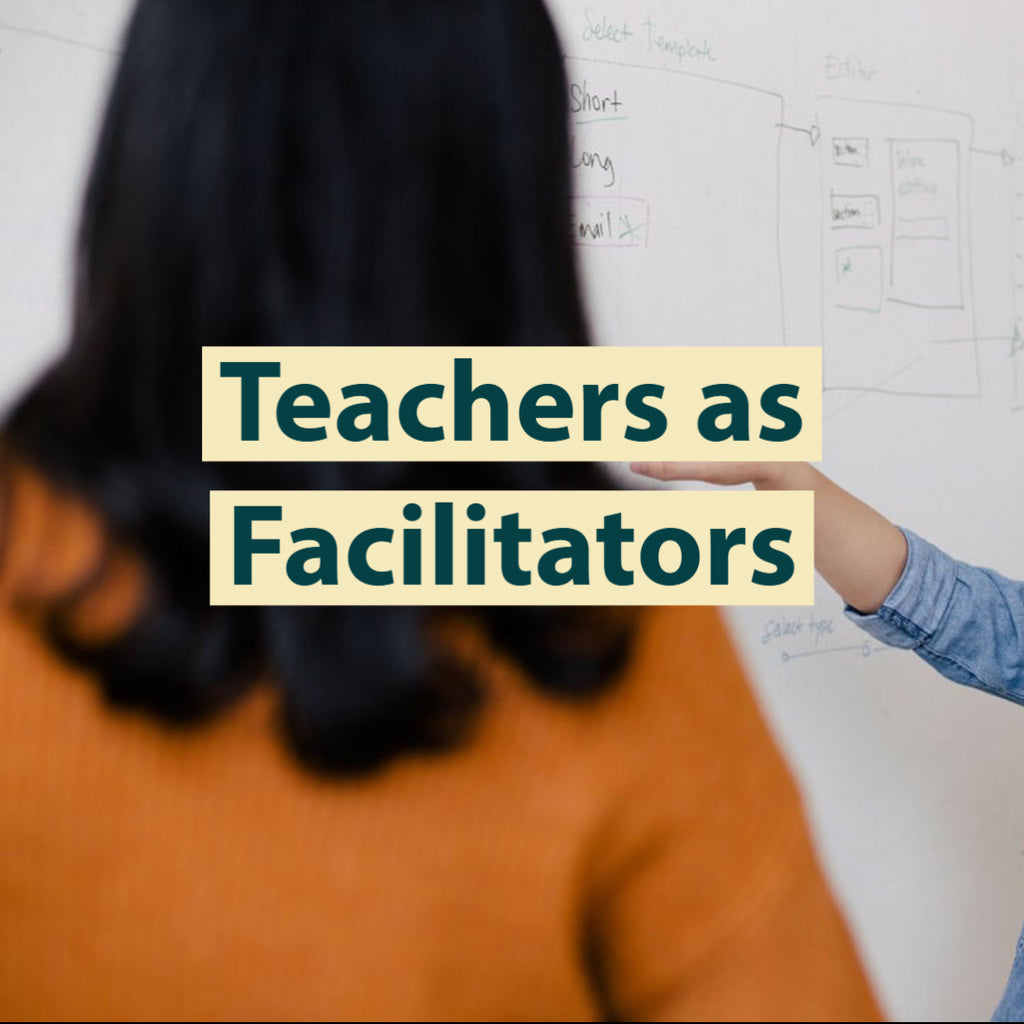
Teachers as Facilitators
Listen Recently in a conversation with colleagues, one of our writers overheard a seasoned educator say, “Children can’t learn on their own. It’s obvious! Otherwise, there would be no need for teachers.” And there was a time - fairly recently, even - when that was true. However, now any child...
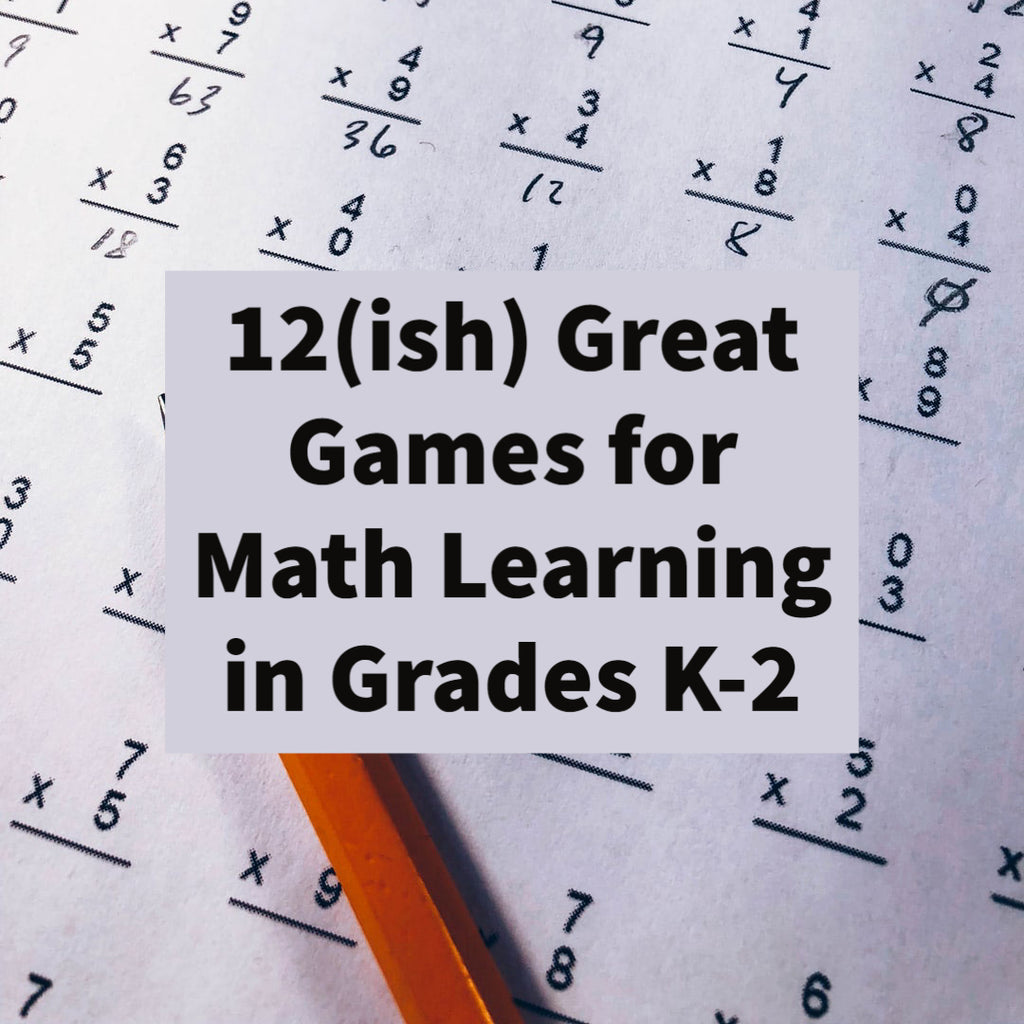
12(ish) Great Games for Math Learning in Grades K-2
Listen We love using games to reinforce learning skills! We went through our cabinets and lockers and pulled out some of our favorites for games that help kindergartners, first graders, and second graders with numeracy, addition, subtraction, and even money. So without further ado, here are a few of our...
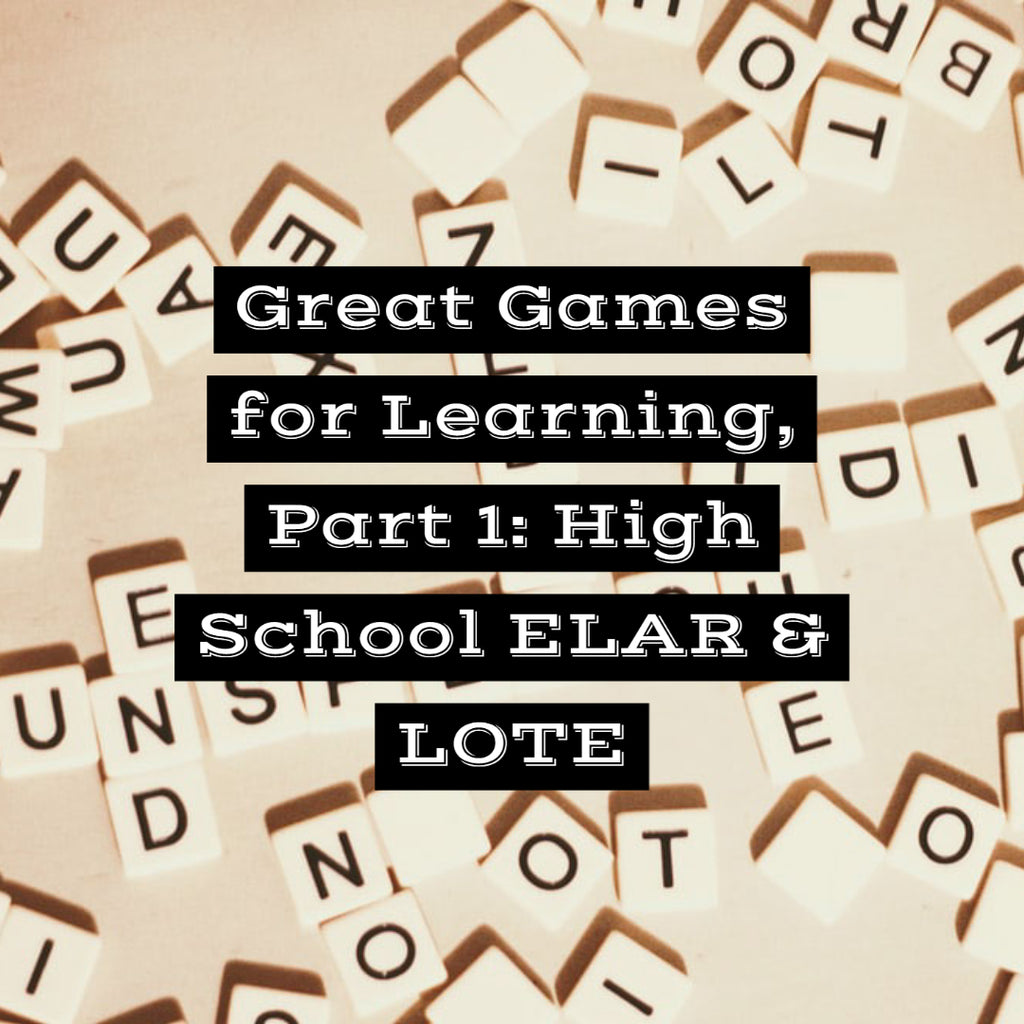
Great Games for Learning, Part 1: High School ELAR & LOTE
Listen Having fun is psychologically and neurologically beneficial to learning. When students and teachers play, the brain produces a concoction of “happy chemicals”, namely dopamine and endorphins. Oxygen levels even increase. When there is an opportunity for collaborative risk and reward, learning is far more likely. The novelty created by...
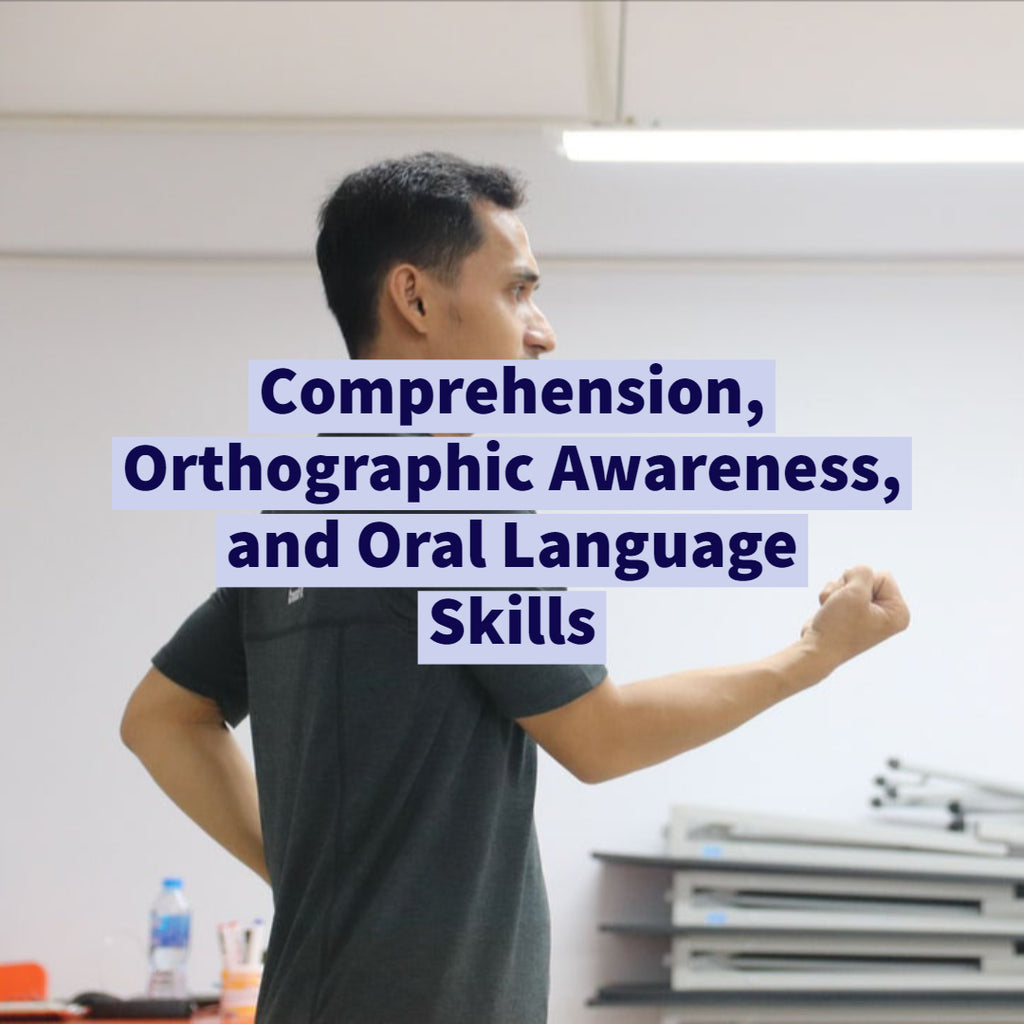
Comprehension, Orthographic Awareness, and Oral Language Skills
Listen Part Four of our Four-Part Series: Helping Students Improve Their Reading at Any Age Comprehension Comprehension is really what reading is about - understanding, relating to, and having the ability to share the information learned. Comprehension is the point of reading. There are many ways to build comprehension. In...
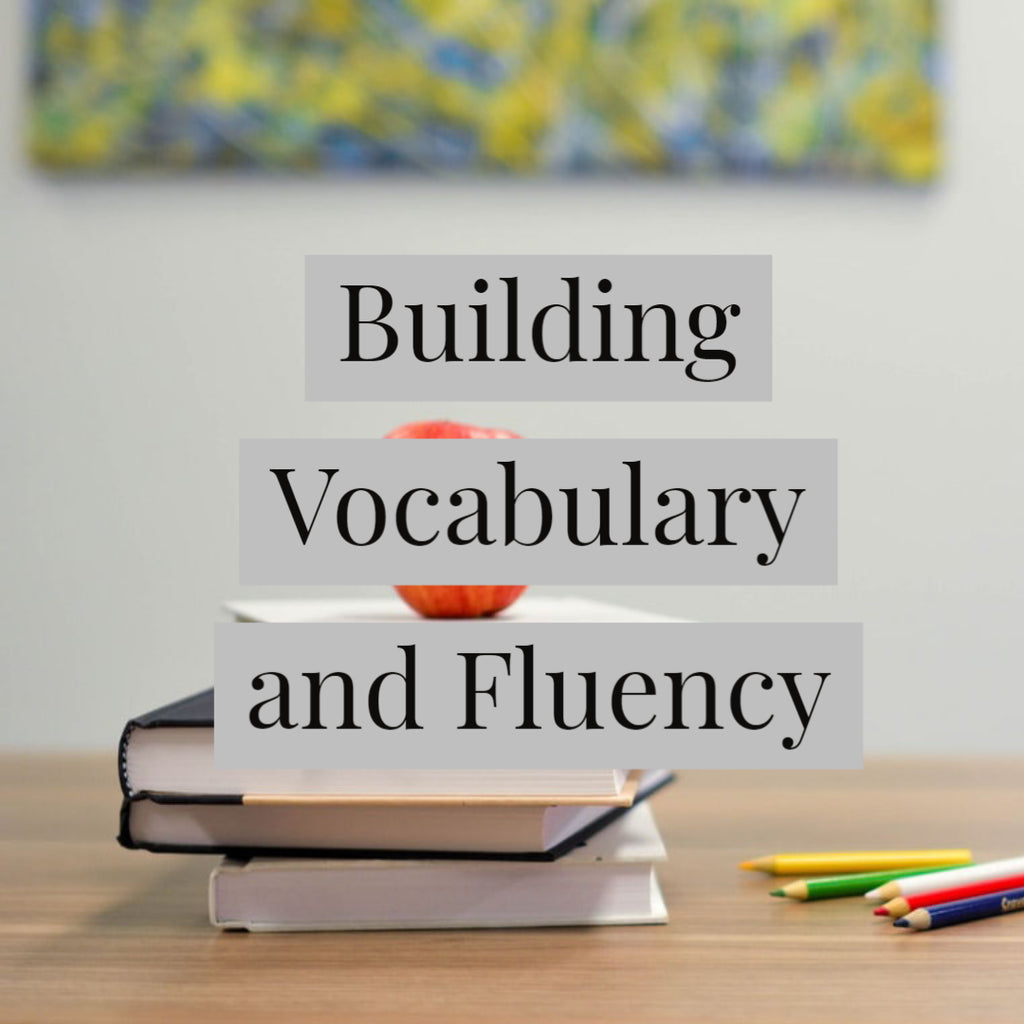
Building Vocabulary and Fluency
Listen Part Three of our Four-Part Series: Helping Students Improve Their Reading at Any Age Vocabulary Building vocabulary is one of the most commonly understood and utilized strategies in teaching, so we won’t spend an excessive amount of time one it. Everyone knows it’s important and many teachers have...
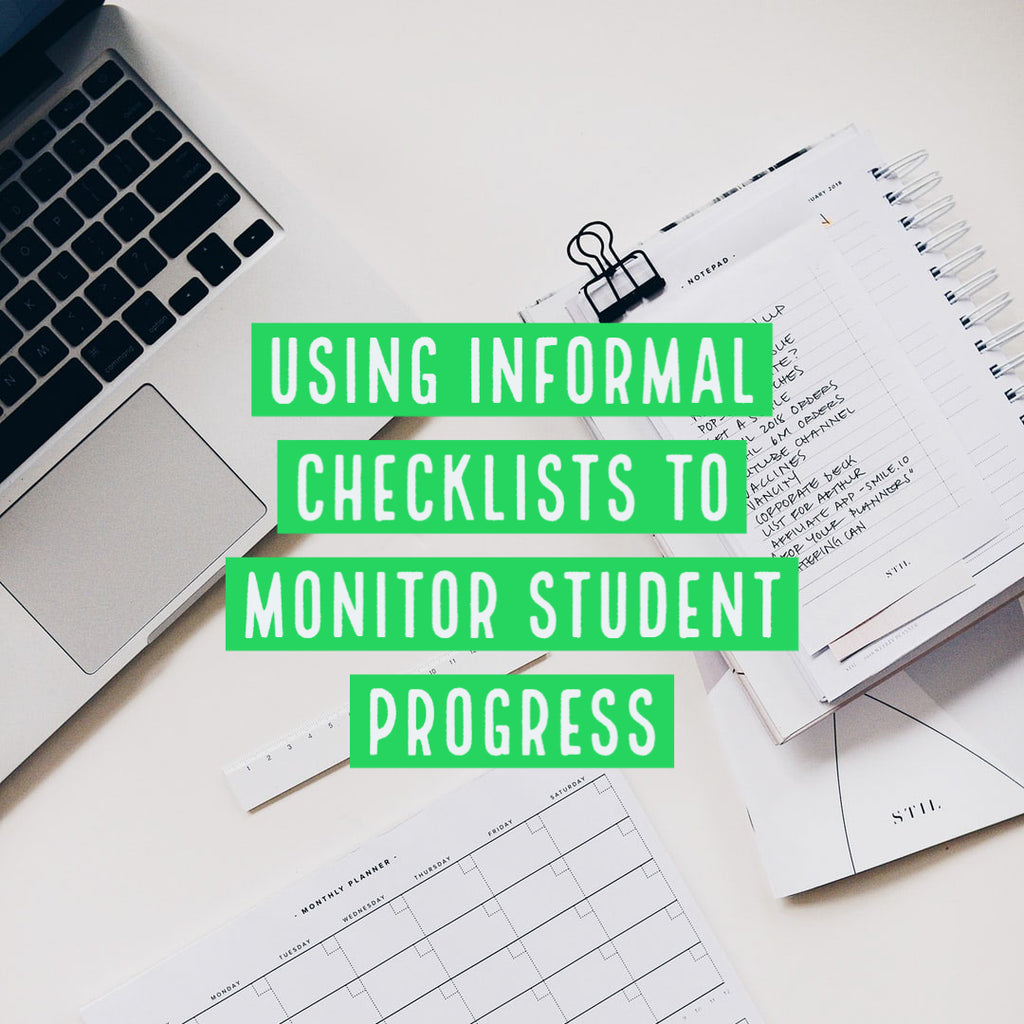
Using Informal Checklists to Monitor Student Progress
Listen Early Childhood educators are probably most likely to already be employing this strategy. They are responsible for teaching every standard in every subject to every child. They are then responsible for assessing whether that child shows progress, masters the concept, or does not show enough progress to move on...
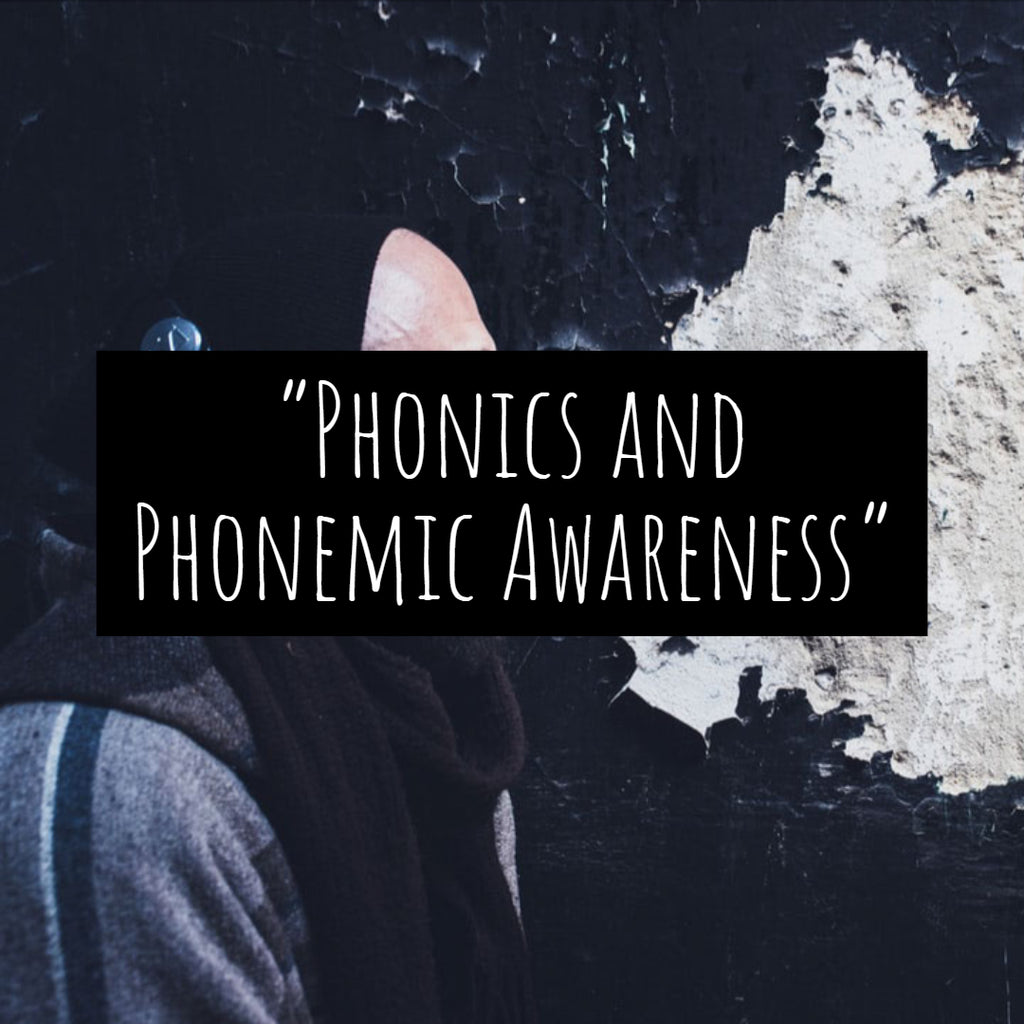
Phonics and Phonemic Awareness
Listen Part Two of our Four-Part Series: Helping Students Improve Their Reading at Any Age *A Note on Numbers We say there are “44ish” phonemes. The number varies due to differences in dialect or the way we speak. Some people count the harder, whispered /th/ sound in “thorn” and...
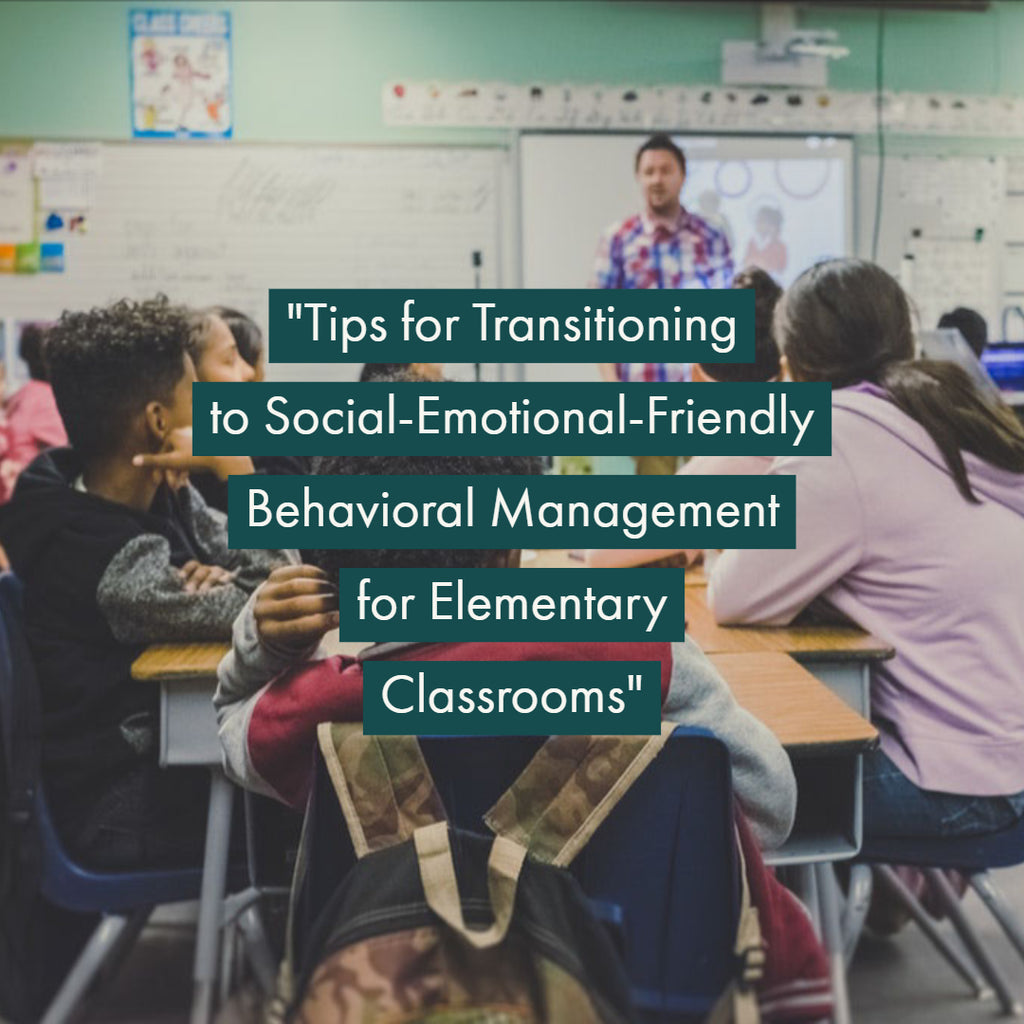
Tips for Transitioning to Social-Emotional-Friendly Behavioral Management for Elementary Classrooms
Listen With the increased focus on socio-emotional learning and trauma-informed practices, many of us are changing some of our strategies in the classroom. The problem some teachers are having, though, is the inability to trade one strategy in for an equally workable strategy when transitioning. This all-or-nothing attitude makes...
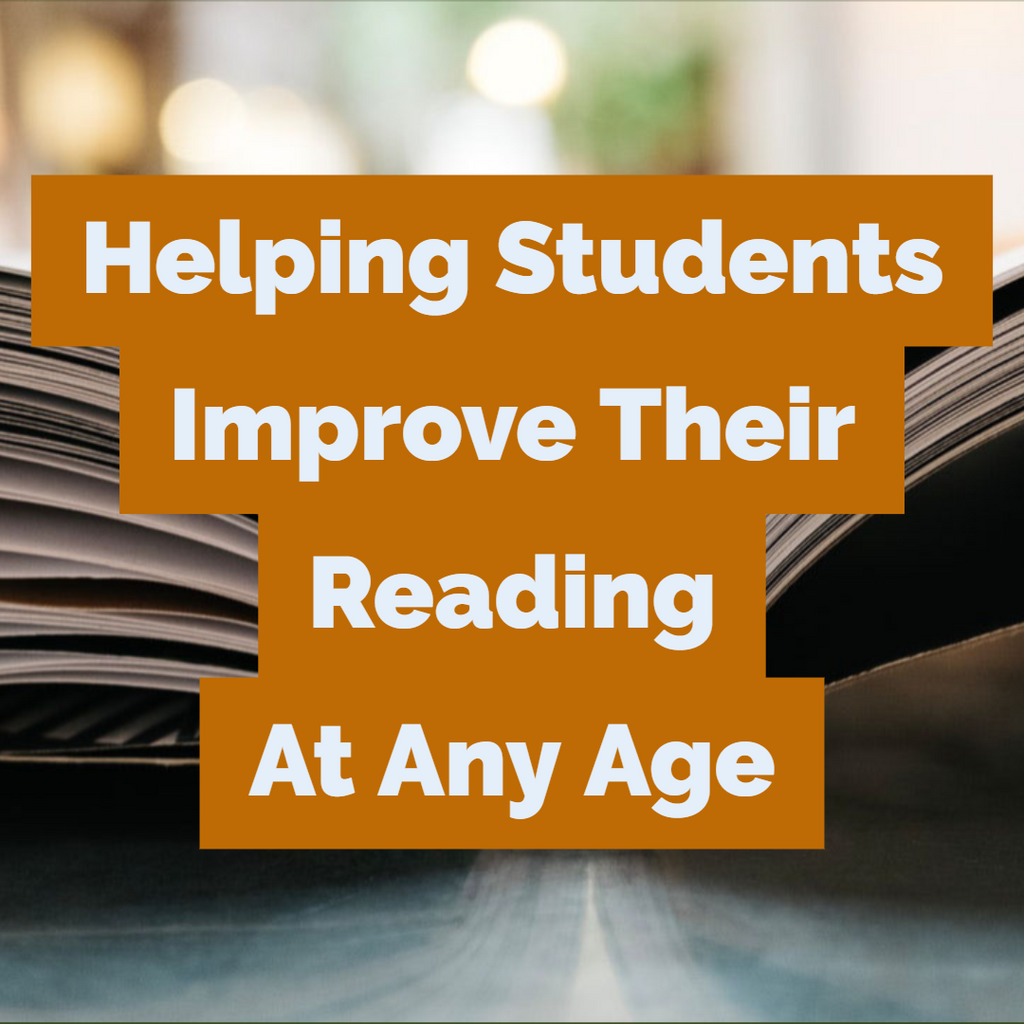
Helping Students Improve Their Reading at Any Age
Listen Read Part 1 of a 4-Part Series Reading is a fundamental skill for any age. If you read well, you can access and understand information on any subject, which can expand your opportunities for learning. Nevertheless, fewer of our students are reading well. In fact, 65% of our students...
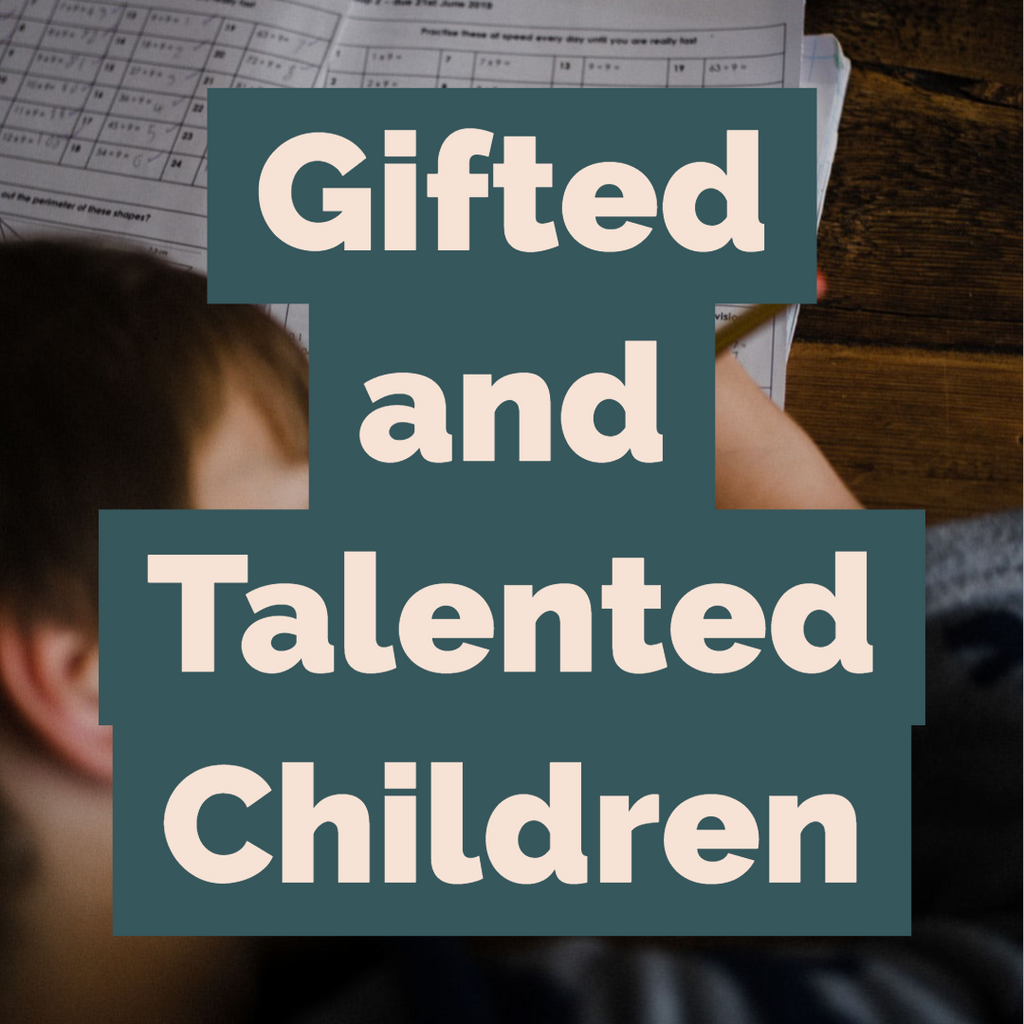
What Does It Mean to Label Someone GT?
Listen Read A Brief History on Gifted and Talented Education and Its Evolving Perceptions Should I put my kid in GT? Many advocates for gifted and talented education frequently find themselves having to justify to a parent why they should allow their child to be in their school’s gifted and...
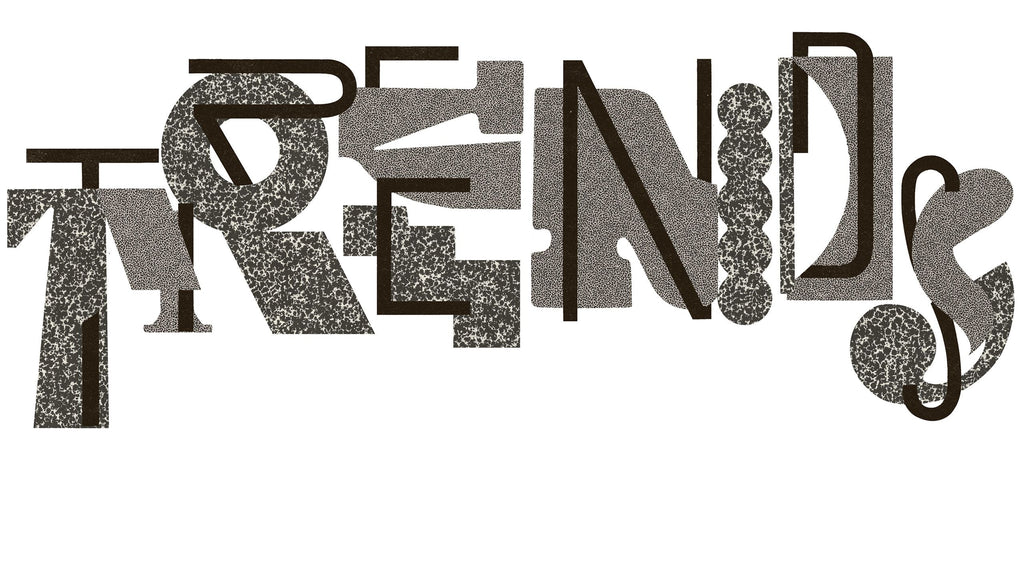
2019 Changes In Education
Listen Education is an ever-evolving industry. Changing families, changes in society, and even our political climate have the potential to impact what is happening in and around the classroom. Industry insiders predict that there will be several significant changes to education in the coming year....from school lunches to the way...
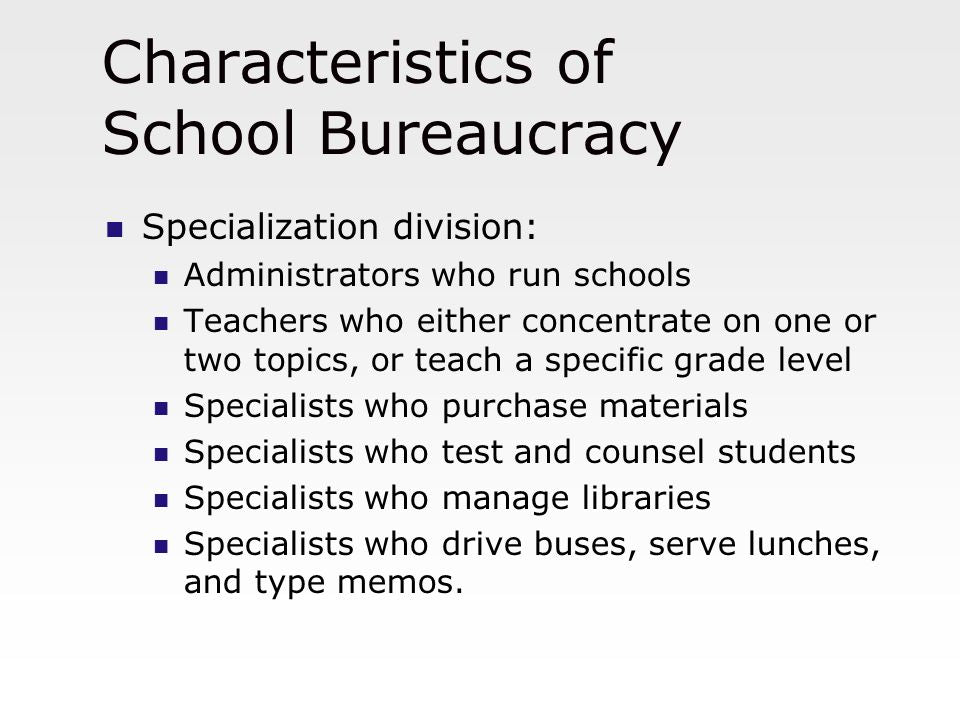
Bureaucracy in the School System
Listen We like to think of education as the one U.S. institution that adamantly supports individualism and free speech. In many ways our schools, public and private, do just that. Administrators and teachers encourage free expression and a personal approach to academic development. State and federal education policies take proactive...







